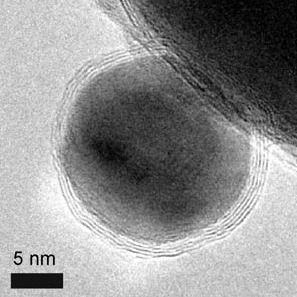FRIDAY, 1 AUGUST 2014
In a recent study by a team of scientists from Dartmouth-Hitchcock Norris Cotton Cancer Center and Geisel School of Medicine at Dartmouth, nanoparticles were used in combination with heat to kill cancer. Heat-treatment of cancer has been practised as long ago as the ancient Egyptian era, however, the innovation came when this ancient knowledge was combined with the use of nanoparticles to specifically target cancer cells.Nanoparticles containing iron, silver, or gold were engineered to be recognised and selectively absorbed by certain types of cancer cells. Afterwards, the nanoparticle is heated using magnetic energy, infrared light or radio waves. Excitingly, not only the heated cancer cells were killed, but when a specific temperature of 43 oC was used, this process also switched on the immune response to kill distant cancer cells that had not been treated with heat.
Compared to conventional therapies for cancer which include chemotherapy or surgery, this approach could minimise damage to healthy tissues while maximising the destruction of cancer cells. In addition, the effect of switching on immune system to target distant cancer cells could be very useful for treating metastatic cancer, which currently is terminal for the majority of cancer patients. The research is now in clinical trials and a range of variables will be explored to achieve the most effective way to treat cancer with this method.
DOI: 10.1002/WNAN.1274
Written by Arporn (Koi) Wangwiwatsin.

